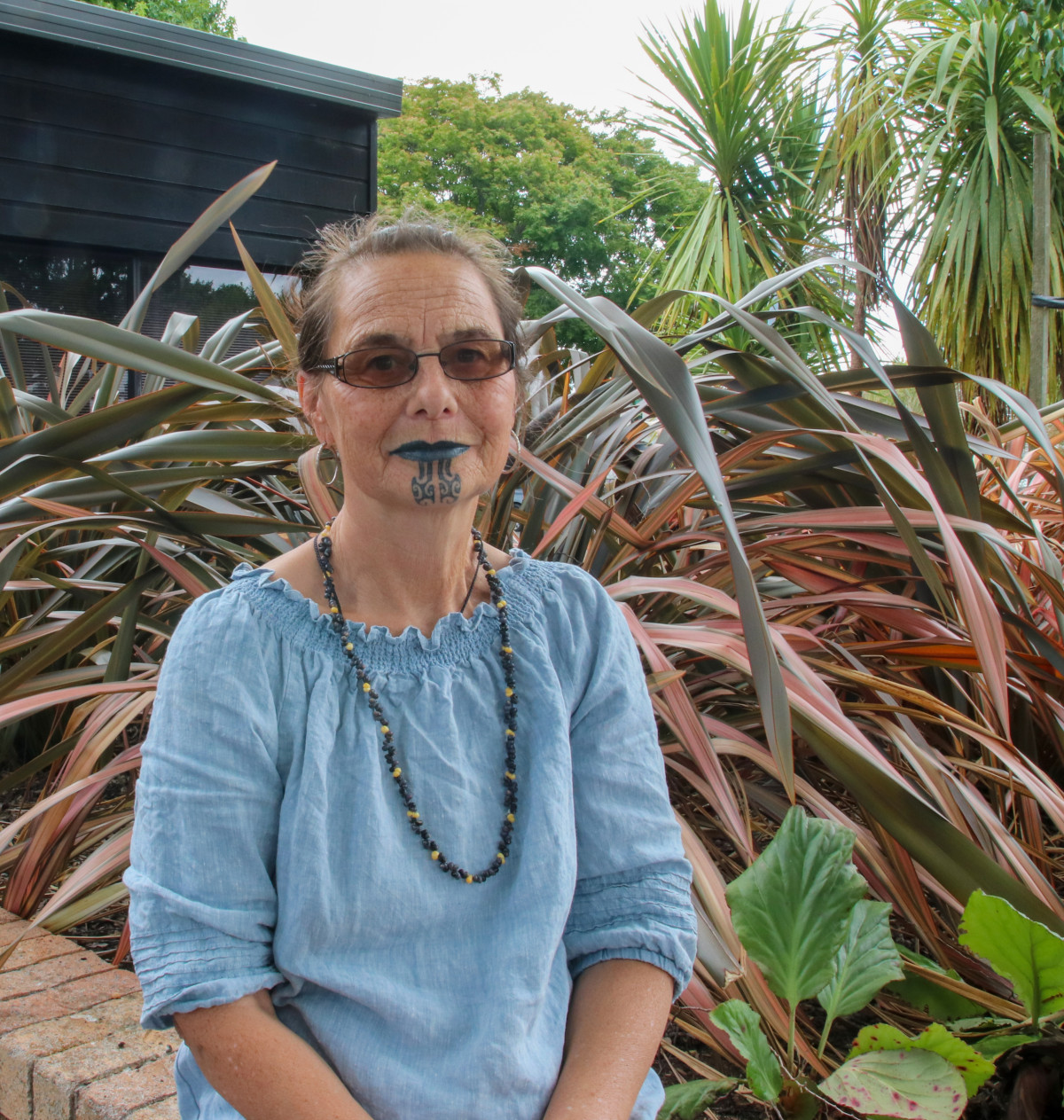A Cancer Society programme called Kia ora e te iwi is ensuring whānau impacted by cancer in some of our most remote communities get the support they need.
In its heyday, Mangakino was home to over 5,500 people during the construction of hydroelectric dams along the Waikato River. Now, only 900 remain.
There’s a local Four Square, a takeaway and laundromat. The town is fortunate to have a local GP too. But it’s an hour-long round trip to nearby Taupō, or 45 minutes for Tokoroa, for any other services. And if you need cancer treatment, the journey to Rotorua or Hamilton is even longer.
Leanne Karauna has lived in Mangakino all her life. It’s a “cruisy” place where the people are like “one big whānau”, she says. Leanne is a paeārahi for Te Arawa Whānau Ora – a navigator – working with 70 whānau to achieve their aspirations. Good health can be a big part of the picture.
“I help find a pathway for whānau, that’s what a navigator does.
“I like hearing people’s stories and helping whānau reach their aspirations, to have hope. I wouldn’t have got through my cancer journey without hope.”
As a breast cancer survivor herself, Leanne welcomed the opportunity to bring the Cancer Society’s Kia ora e te iwi programme to Mangakino last year.
The day-long programme was created in response to the experiences of Māori cancer patients and their families within the health system and to respond to significant health inequities. Māori have a 20% higher incidence of cancer and an 80% higher mortality rate for cancer compared to non-Māori. And those living in remote communities face an additional barrier to good health outcomes.
The content of Kia ora e te iwi is similar to the Cancer Society’s popular Living Well programme but incorporates kaupapa Māori practices to create a comfortable environment for whānau to participate.
Like the Living Well programme, Kia ora e te iwi invites guest speakers – Leanne calls them “rangatira” in their fields - to talk about cancer, prevention and treatment. Some of the topics are tough to talk about, like palliative care. But there’s also laughter and the chance to share kai during the day too, not to mention an opportunity to ask difficult questions.
“People can share their stories about their cancer journey in a safe place. It’s a big thing to have conversations about cancer. Sometimes whānau don’t want to talk about it. But we need to make it less frightening. And we’ve got to talk about protecting whakapapa and how to do that through prevention and testing.”
The key to Kia ora e te iwi’s success has been delivering the programme in local marae, like Pouakani Marae in Mangakino.
The way Kia ora e te iwi embraces the tikanga of the marae, like participating in a pōwhiri at the start of the day, is one of the things Leanne valued most about the programme.
“It didn’t treat the marae like just a hired hall. It honoured the space we’re on at the marae and let us be the host as tangata whenua in our whare, surrounded by our tupuna.”
But it’s the whanaungatanga – the relationships – that came out of the programme that will have a lasting impact for the community, ensuring whānau affected by cancer in remote communities where support can seem a long way away, know they’re not alone.
To find out more, visit the Kia ora e te iwi webpage here.
People can share their stories about their cancer journey in a safe place. It’s a big thing to have conversations about cancer. But we need to make it less frightening.
Leanne Karauna

